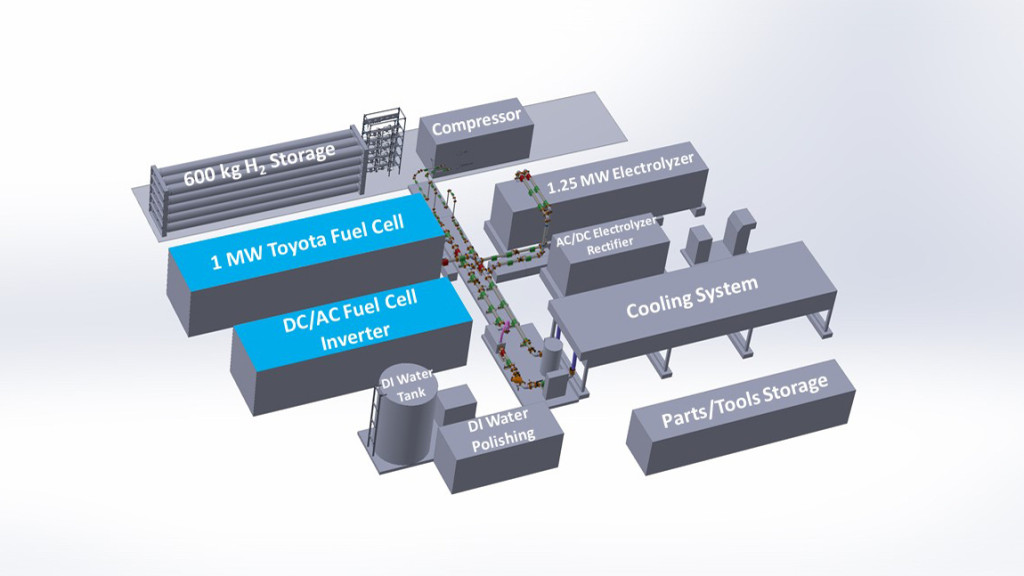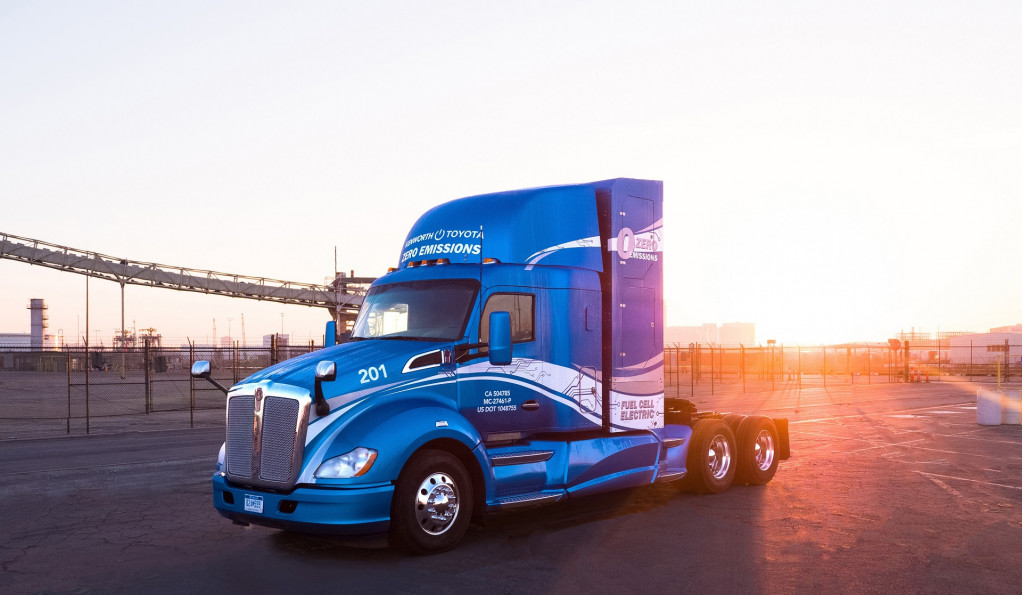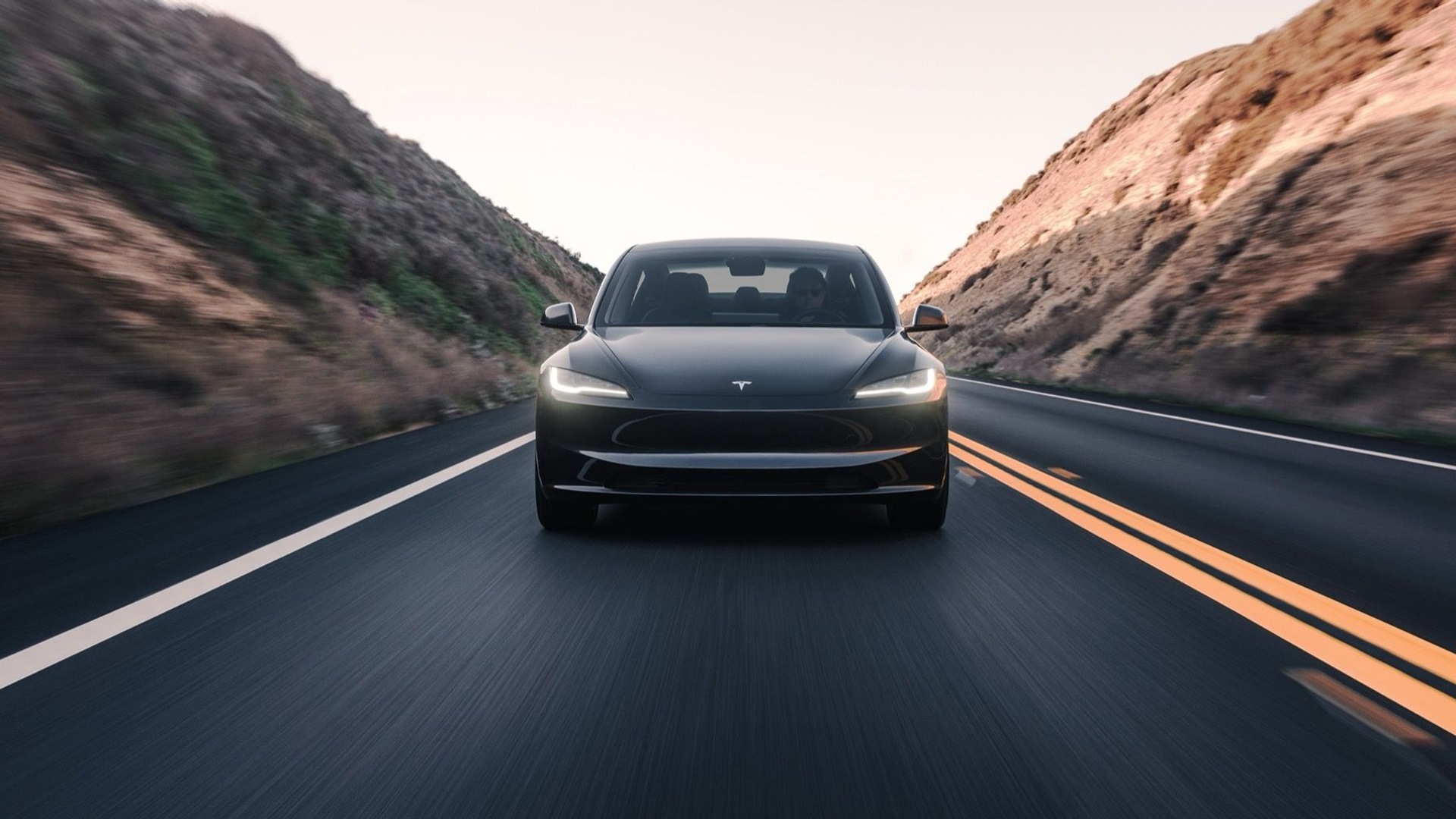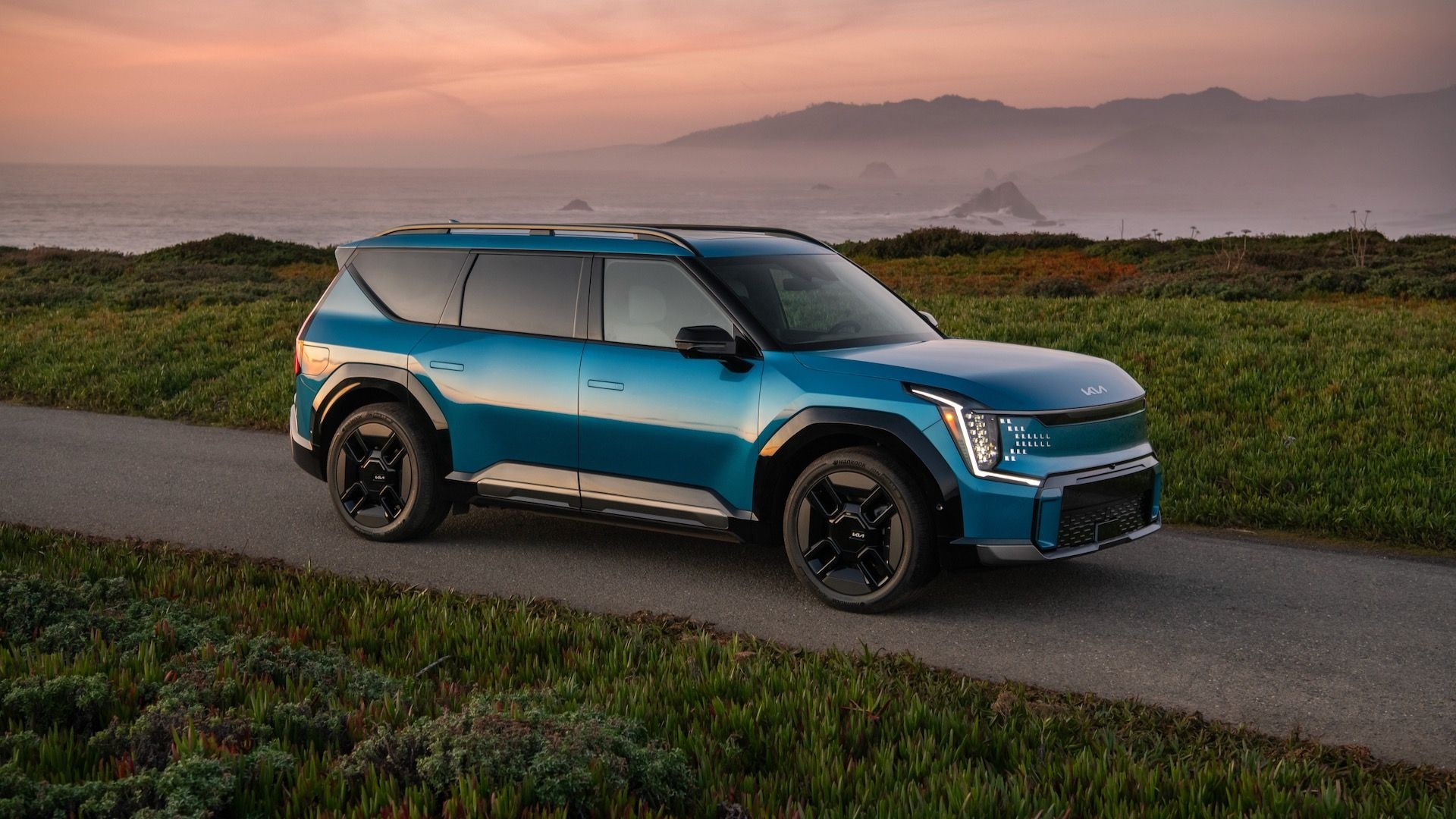Toyota announced last week that it’s collaborating with the U.S. Department of Energy and its National Renewable Energy Laboratory (NREL) to provide a new proof point for hydrogen fuel-cell tech—in a megawatt-scale, multitasking power-generation package that might potentially be used for renewable energy storage and smoothing the grid.
The project will include a consideration of how hydrogen might be created with energy from solar and wind sources, then stored, and used to generate electricity when needed.
The three-year, $6.5 million project is being funded by the DOE and is aiming to “build, install, and evaluate” a 1-megawatt proton exchange membrane fuel-cell system at NREL’s Colorado campus.

DOE H2@Scale program
It's part of the DOE’s H2@Scale initiative, aiming “to advance affordable hydrogen production, transport, storage, and utilization.” It’s not as controversial as the hydrogen hubs, for trucking and more, that were written into the 2021 infrastructure law.
As Toyota points out, the system for the power plant that will be fully commissioned by the end of the year, generates about 15 times the power of a previous NREL demonstrator. Or that's nearly 9,000 times the automotive-grade fuel cell stack used in the Toyota Mirai.
In addition to the 1-mw fuel-cell generator, the project includes a 600-kg hydrogen storage system (more than 100 times the storage in the Mirai) and a 1.25-mw PEM electrolyzer. It’s part of a larger NREL project seeking to demonstrate “direct renewable hydrogen production, energy storage, power production and grid integration at the megawatt scale,” according to Toyota.

Toyota megawatt hydrogen fuel-cell station research project
With the project, researchers also plan to explore new applications for the technology and how it might integrate with other systems—potentially in industrial uses, or to combine in powering heavy-duty equipment.
From this, in the future, such systems might be used to strategically store and release—with hydrogen—renewable energy like solar and wind, in place of large scale battery packs that would require more raw materials to build.
It’s working with systems integrator Telios on the design of the plant, and they plan to “push the operational boundaries of the fuel cell system design” to get an understanding of the limitations and degradation.

Kenworth T680 with Toyota hydrogen fuel-cell powertrain, at 2019 CES
Toyota, which hasn’t embraced battery electric vehicles as rapidly as other automakers, but like Hyundai it has continued to expand its hydrogen fuel-cell plans for the U.S.—especially pushing the tech into larger vehicles. It has for years been using fuel-cell semis for Southern California port duty, and in an expansion of plans to use the tech for trucks and industrial uses it announced that it will make fuel-cell modules in the U.S. starting in 2023, in Kentucky. Toyota has even announced that it’s developing hydrogen combustion engines for racing.













